Cooperatives Place People First
Our move towards a cooperative structure was not based in a utopian disavowal of “profit” or “business”—building a profitable, sustainable business allows us to invest in ourselves and our community. Instead, our goal is to focus on “enough,” sidestepping the unrealistic binary of “scarcity” and “abundance” mindsets.
There is a strain of thought in the arts that views the production of art as fundamentally different from other businesses. This line of thinking effaces the reality that arts workers are workers who deserve dignity and are engaging in business within a capitalist system, and it overlooks the complicated challenges of being a boss and running a business. This perspective has contributed to work conditions in the sector that replicate capitalism’s extractive practices. In our North American context, we understand capitalism’s extractions as having historical antecedent in the colonizing mindsets that demanded and enforced unremunerated labor from enslaved people from Africa and elsewhere. If we, as an industry, truly oppose the dehumanization of some people for the economic prosperity of others, then we must remove the brick of un- and under-compensated labor from the economic foundations of the theatre industry. We have to find business structures that meaningfully place people first and upend the practice of concentrating decision-making power and money in the hands of administrative leadership while undercompensating and disenfranchising the majority of workers.
Cooperatives exist at many scales and in many sectors. In housing cooperatives, residents (the members) jointly and equally own a property. In purchasing cooperatives like REI or a grocery co-op, members come together to purchase things, often with shared values and better pricing, and then walk away with a patronage check at the end of the year; this patronage represents a portion of the profit made by the cooperative. Distribution co-ops pool their products to be sold under a shared brand, like Land O’Lakes. Multi-stakeholder co-ops have different membership classes that together decide how the business is run; for example, with Ampled, a cooperative alternative to Patreon, artists, audiences, and Ampled employees each have different membership classes. All of these cooperative models focus on democratic company control, in which the members are directly involved in the governance of the business.
There are many ways to describe a worker cooperative, but they are essentially businesses whose owning members are also its employees. Each worker-owner gets a vote in various aspects of the business’s management, but, most importantly, worker-owners make up and elect the majority of the business’s governing body and have a controlling ownership interest. This means that workers are the ones who decide their own working conditions through democratic process.
We chose to become a worker cooperative because this gives us a way to meaningfully recognize the sweat equity of our founding members while also creating clear structures for new members to join us and take part in the overall management of our company, both creatively and from a business perspective.
We have to find business structures that meaningfully place people first and upend the practice of concentrating decision-making power and money in the hands of administrative leadership while undercompensating and disenfranchising the majority of workers.
Cooperation Means Shared Ownership, Not Just Sharing
Our journey to cooperatization was inflected by the many independent artists and theatre companies we work alongside in Philadelphia. For example, Arianna was a former collaborator of Swim Pony Performing Arts, where they were exposed to a for-profit ethos that protected artistic independence and control, refusing the bulky administrative and prohibitive tax structures of nonprofits that proliferated in Philadelphia throughout the 2000s. We were also inspired by the longevity and success of Applied Mechanics, a company that makes devised, ensemble-based, promenade-style theatre, to pursue a business model that supports and is inextricable from the art we make and how we make it.
There have been glimpses of cooperative futures in Philadelphia already. Since 2013, Headlong, a devised dance theatre company specializing in site-specific performances, has administered an Incubated Arts program, which offers fiscal sponsorship, financial management, and subsidized rehearsal space to several independent artists. In 2020, they announced a formal partnership with Mascher Space Cooperative, a cooperatively managed dance studio and performance space, and Ninth Planet, an ensemble- and community-driven devised theatre company. Headlong, which has maintained property in the arts corridor of Philadelphia on South Broad Street for over two decades, will now share their space with these other groups. This partnership model is a great step towards a creative cooperative future and is an excellent example of the types of resource-sharing that characterize Philadelphia’s creative community.
However, we wonder how a cooperative model, in which arts workers share ownership over resources and funding, might make our arts communities even more resilient and robust. ArtPlace America’s Local Control, Local Fields process, which was co-designed and co-facilitated by Daniel, provides a promising model of what funding processes could look like in a world that values and actively supports arts and culture workers. ArtPlace America convened about forty stakeholders—all of whom were artists, administrators, funders, and representatives of community-development corporations—to decide how to best utilize two million dollars to further the field of creative placemaking in Philadelphia. Together, these stakeholders proposed three programs that would disburse these funds and would be administered under a shared cooperative structure owned by the participants and, eventually, other members who fall within the cooperative’s target base.
We dream of companies banding together to form cooperatives that include sharing full-time administrative help, materials, and resources, including shared ownership of rehearsal and performance spaces, props, tools, lighting, and more.
Cooperative Futures
We advocate for a cooperative cultural ecosystem in which workers jointly own the means of production. We dream of companies banding together to form cooperatives that include sharing full-time administrative help, materials, and resources, including shared ownership of rehearsal and performance spaces, props, tools, lighting, and more. We see cooperatives providing opportunities for full-time and stable employment for artists and administrators that might be less reliant on a company’s ability to garner public or private grant funds. We envision a future in which funders embrace community control and, through an ongoing practice of cooperation, allow the community to decide how wealth will be distributed and used. In this future, our sector’s leaders are democratically elected and are truly accountable to the people they employ, their audiences, and the physical neighborhoods and geography they inhabit.
The changes to Obvious Agency’s business structure have been incremental over the last three years as we have moved to cooperatization, but they began with our compensation process. Generally speaking, we ensure all workers are paid equally and at an hourly rate that values their time and flourishing (our minimum rate is twenty-five dollars per hour). We often scale the work expectations of our projects to our capacity to compensate people in an effort to reduce and, ideally, eliminate unremunerated labor time. We have developed a practice of beginning and ending each project with a group reflection on our individual financial situations, including our other sources of income and immediate financial needs.
This process allows us to consider our individual positionalities and centers our collective artistic and, necessarily, financial well-being. This means that if one of us has a significant amount of financial support (whether through a full-time job or other sources of income) and their needs are met, we can choose to prioritize the compensation of a worker-owner who has greater need. We are invested in the well-being of our cooperative, which sometimes means using company resources to ensure each of us can pay our rent. Though this reprioritization does mean forgoing equal pay, it challenges the assumption that equal pay is a stand-in for real equality. This practice of individual divestment from wealth in order to better fund and care for the community is a fractal of how we envision a healthier economy that moves us towards collective liberation.

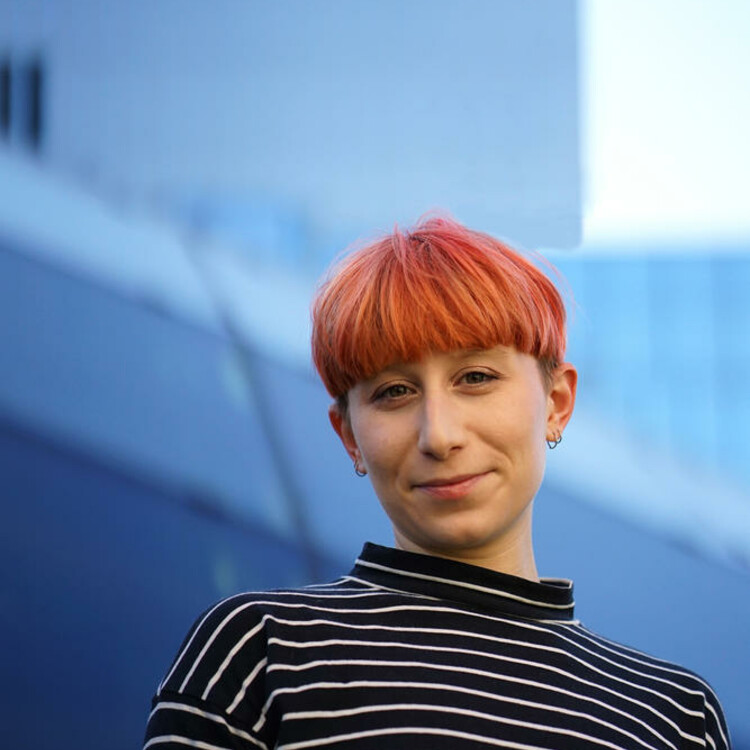
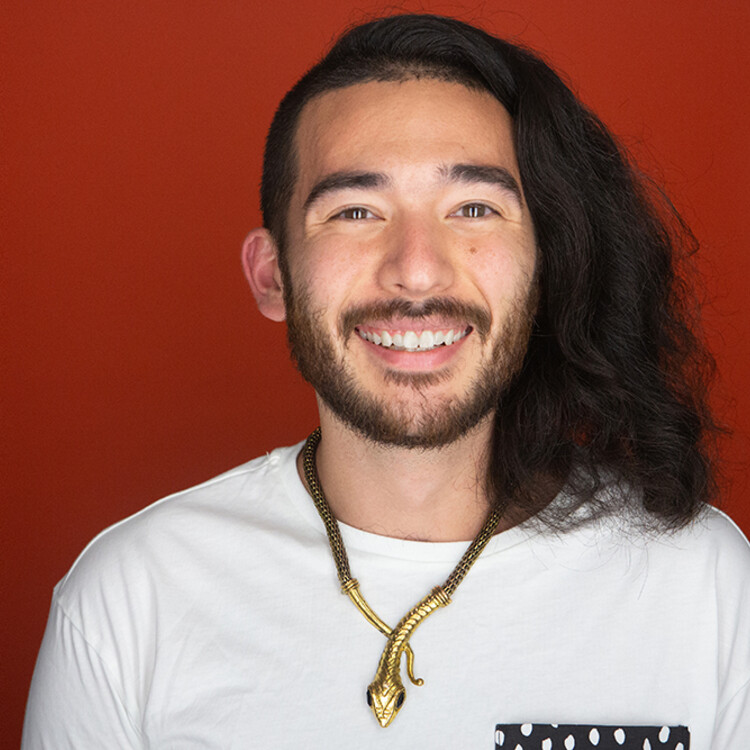

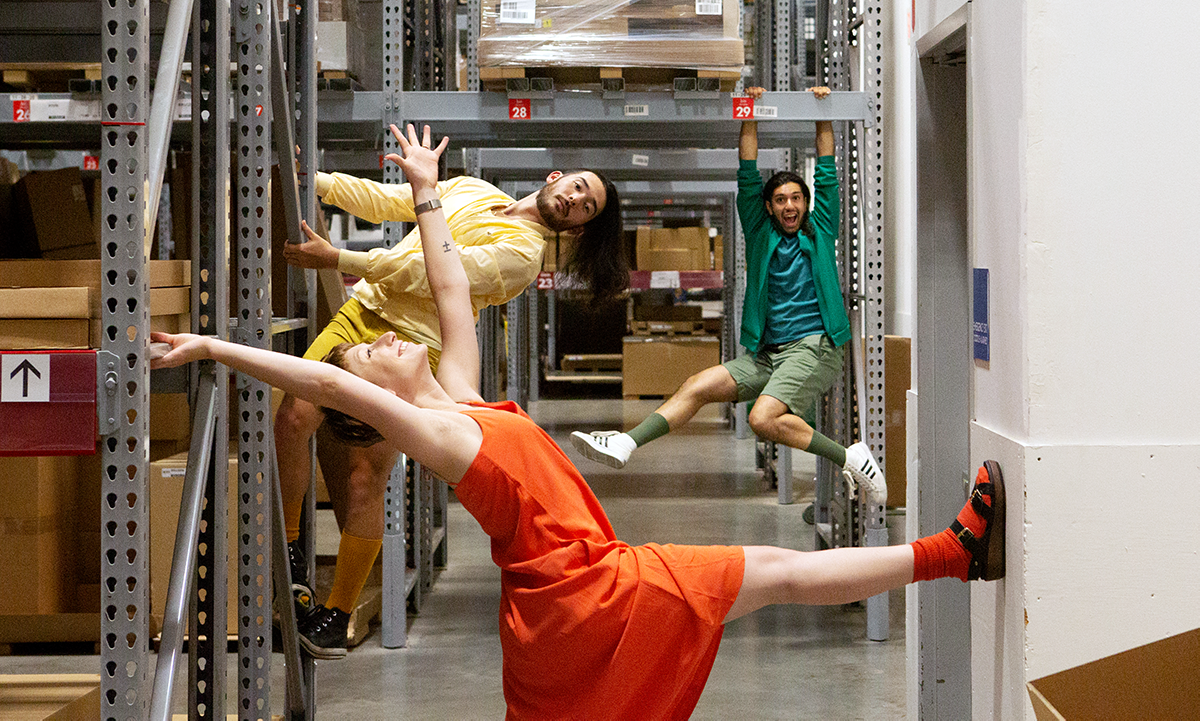




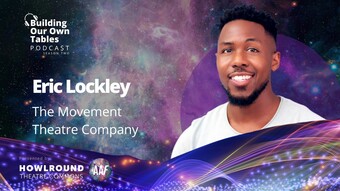


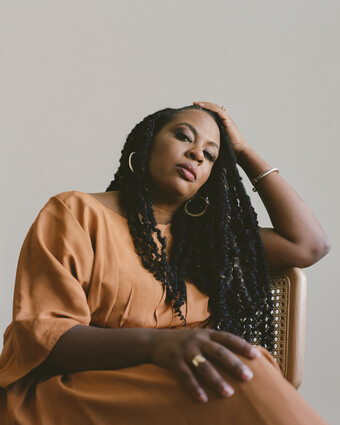



Comments
The article is just the start of the conversation—we want to know what you think about this subject, too! HowlRound is a space for knowledge-sharing, and we welcome spirited, thoughtful, and on-topic dialogue. Find our full comments policy here